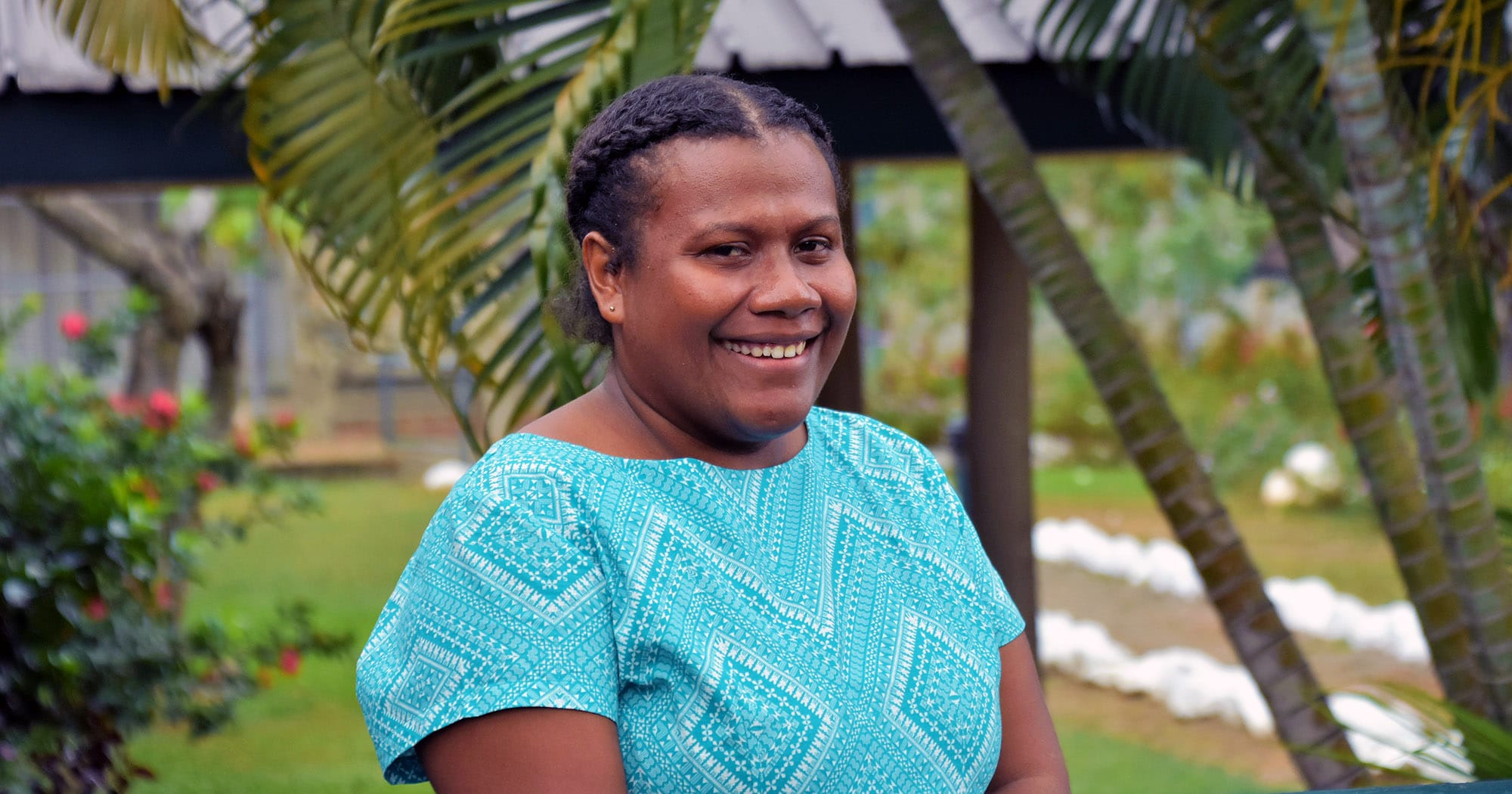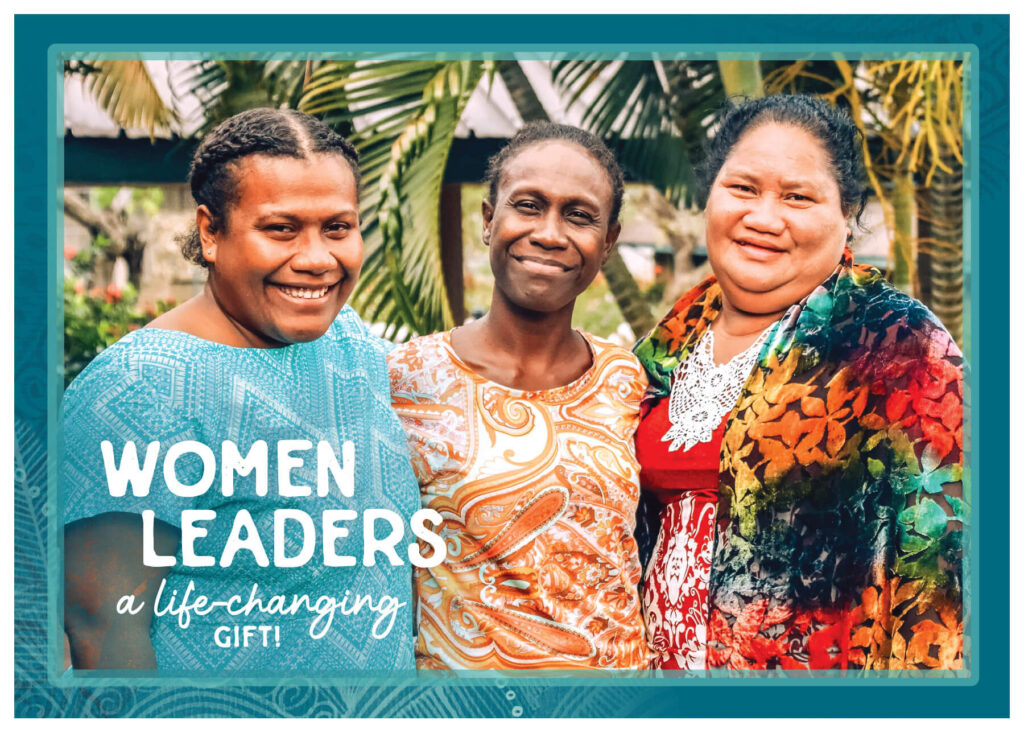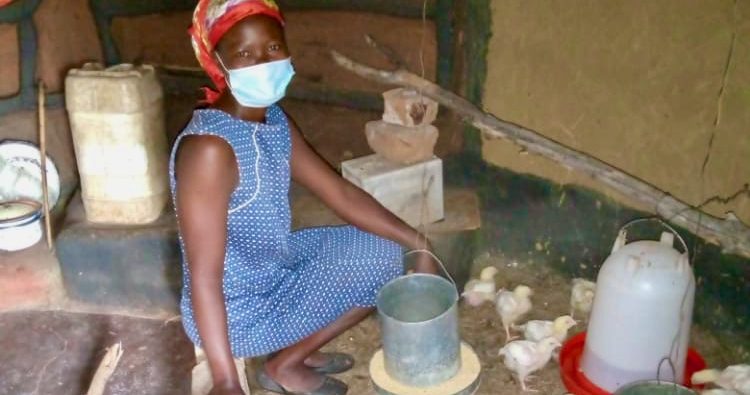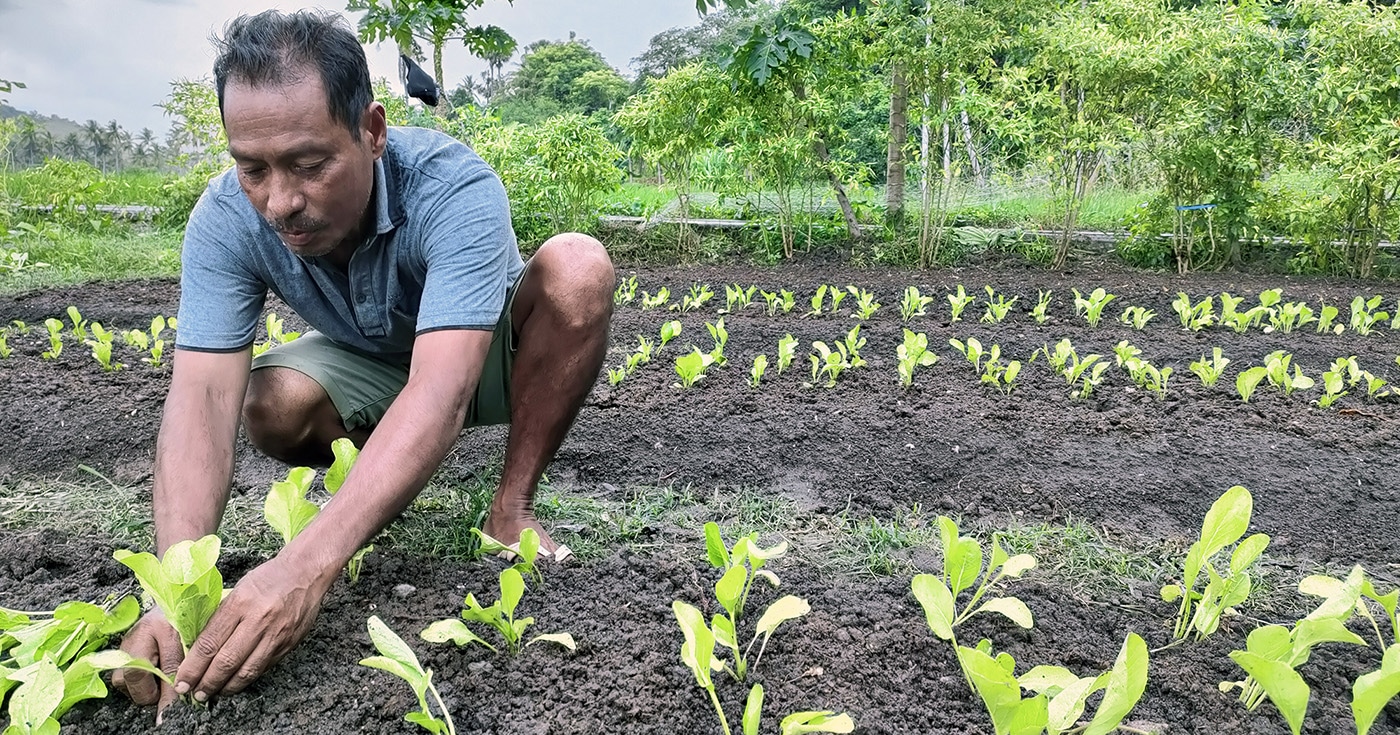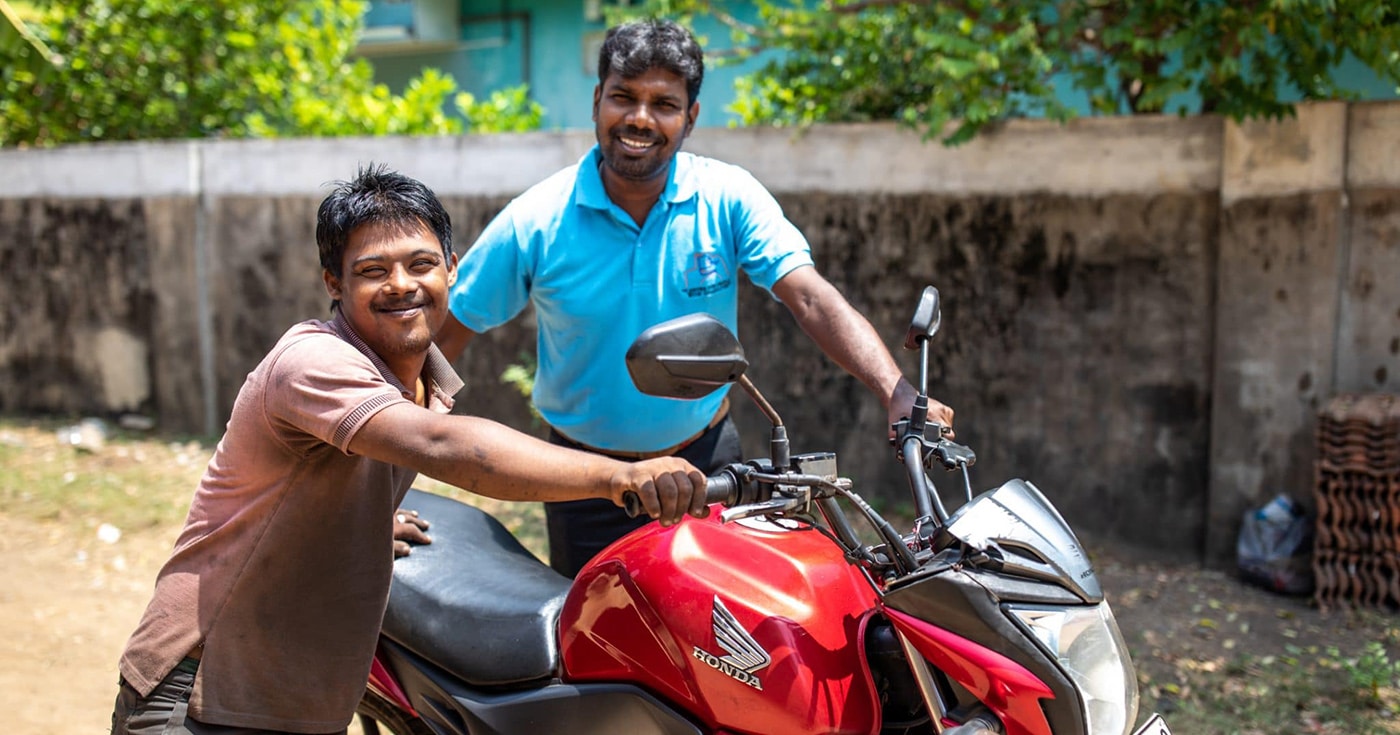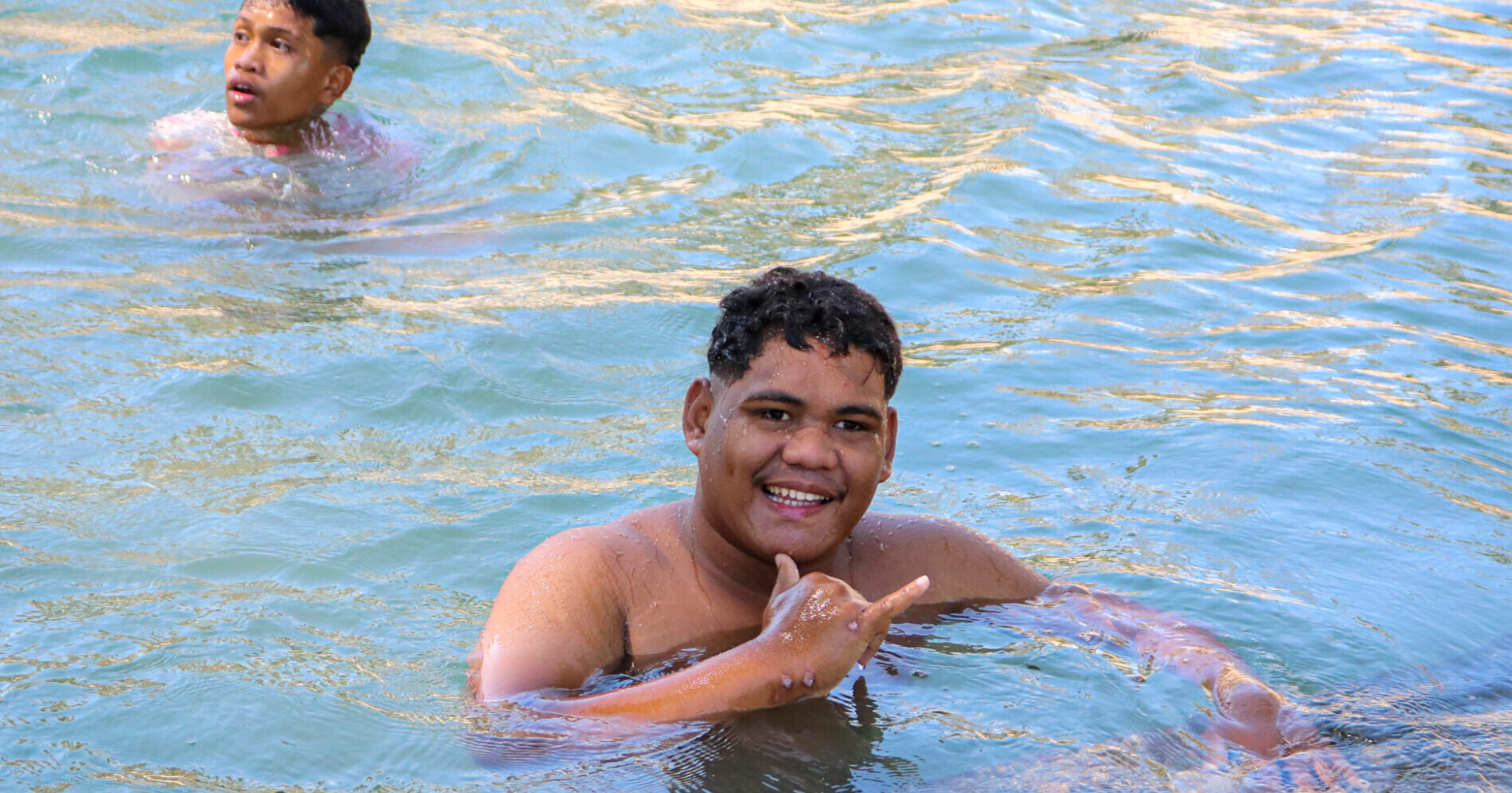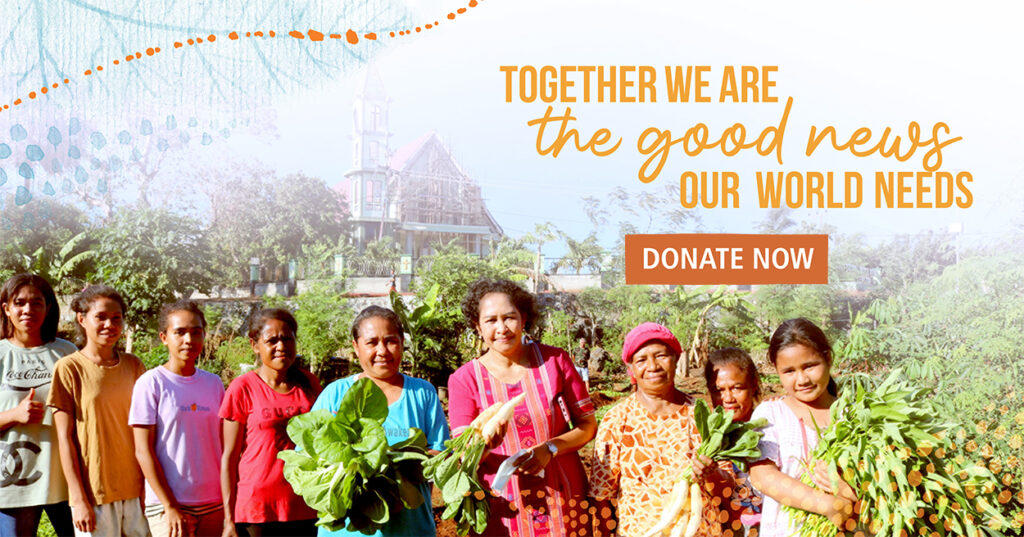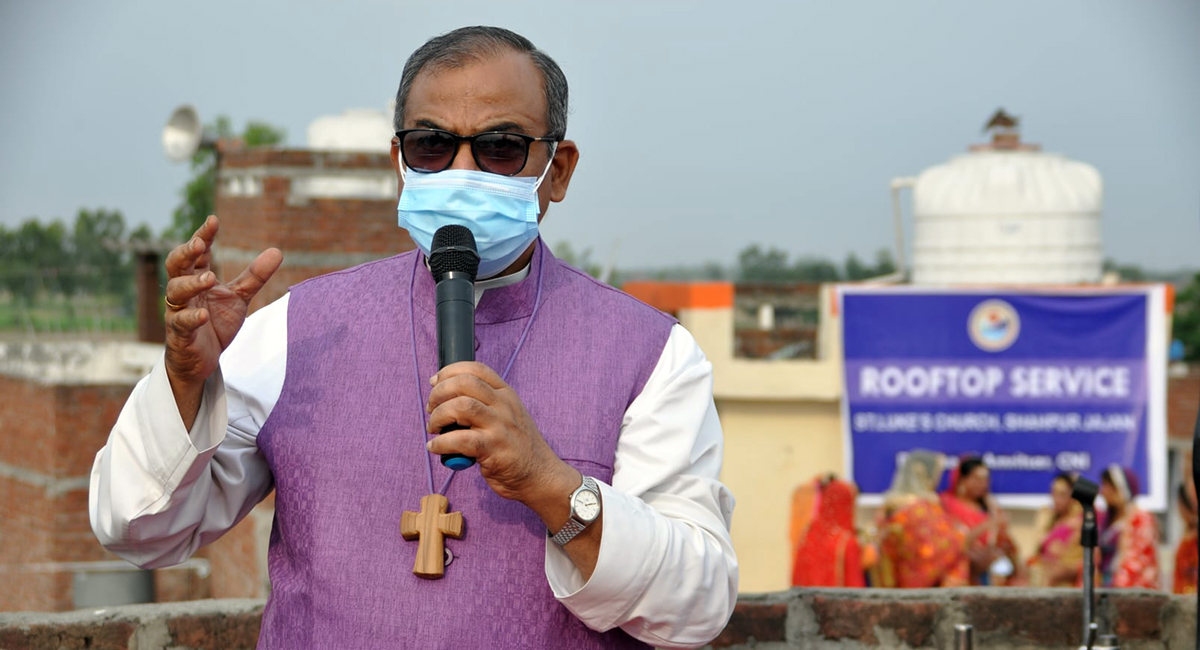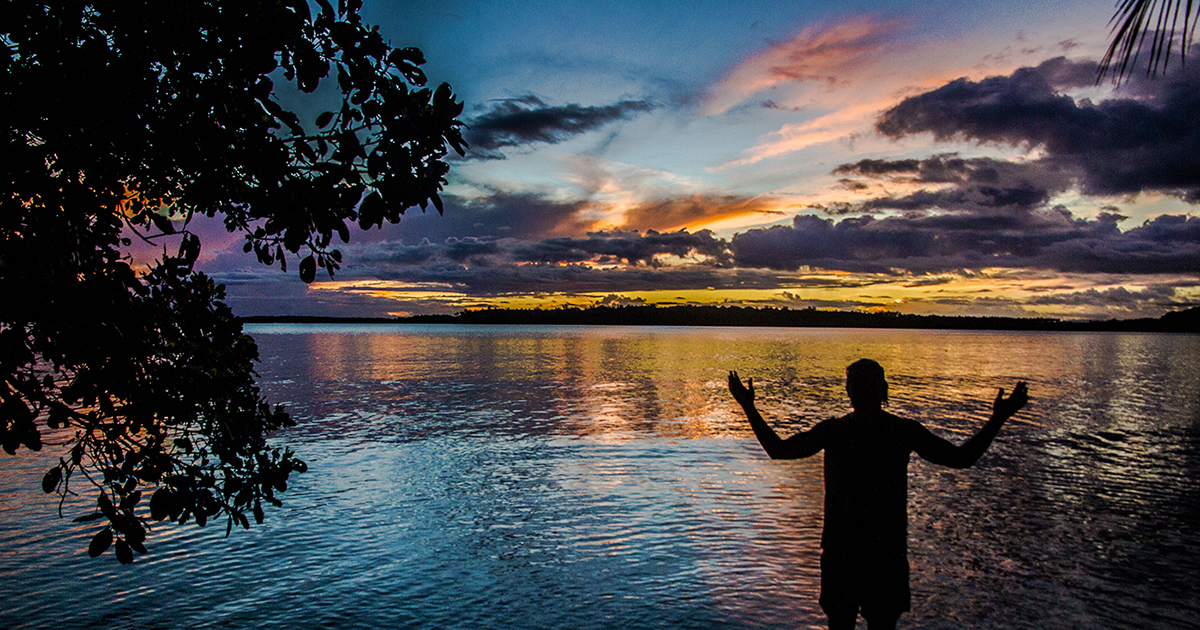Celebrating all we’ve achieved together this year
“Star of wonder, star of night.”
As we draw nearer to Christmas, I find myself reflecting upon the rich metaphor of light and dark within the story of Jesus’ birth. The first century, of course, was a place only sporadically lit by fire and torchlight, so stars were a source of intense interest. Matthew’s tale of an unusual celestial light in the night sky not only heralds the birth of a king, but the inbreaking of a new way of seeing and being in the world.
For so many people, the last two years have been dark. In the midst of this black night, our partner churches have been torchbearers, providing moral, spiritual and practical leadership in their communities. They’ve communicated vital information about hygiene and physical distancing; preached against fear, misinformation, and domestic violence; reinforced medical and public health messages; delivered soap, masks, and food to those left jobless and isolated; sourced oxygen tanks for hospitals; and set up livelihoods projects and barter systems to help people survive lockdown.
As a global church, we are responding in a powerful way to the call for love and justice, even in the face of a pandemic, and with war, cyclones, and climate change ever in the background. Thank you for being with us every step of the way.
In July 2020, I was preparing for a loss of half our income. But we thank God that through our faithful supporters’ unstinting generosity; our government stepping up to support our region; and a welcome investment return, we didn’t have to cut back support to our partners.
In 2022, we look forward to sharing with you our new strategic plan. We know that we face serious global uncertainty, but we remain firmly rooted in our identity, with you at our backs and our partner churches calling us to exciting new work. We will adapt and respond to this evolving context, but the light we share in God’s service will not change.
My best wishes to you and your family for Christmas,
Sureka
Dr Sureka Goringe
National Director
UnitingWorld
P.S. We’ve just finished preparing our Annual Report for the 2021 financial year. It shows what we and our partners achieved together with your generous support. Thank you so much for making it possible!
Click here to read the Annual Report 2021
With your help, we shared hope and dignity with 464 495 people, including:
229,310 Women
134,026 Children
6,783 People with Disability
What we achieved together:
Ending poverty and fighting for justice: 383,847 accessing poverty alleviation & social empowerment programs
Critical support during emergencies: 44,957 received care and health education during the pandemic and other disasters
Local leadership and capacity strengthened: 13,803 people participated in training to take control of their own futures
Equality for women and men; lifting up women and girls: 23,109 men and women engaged with our gender equality program
It couldn’t have happened without you.
We received 11,212 gifts from donors
15 people chose to leave a legacy for life through a bequest
We visited 39 churches to pray and encourage congregations
God’s love for the world began with one life, born in the most humble of places among the most ordinary of people. This is how it continues: one person at a time; one life lifting up another.
Thank you!


